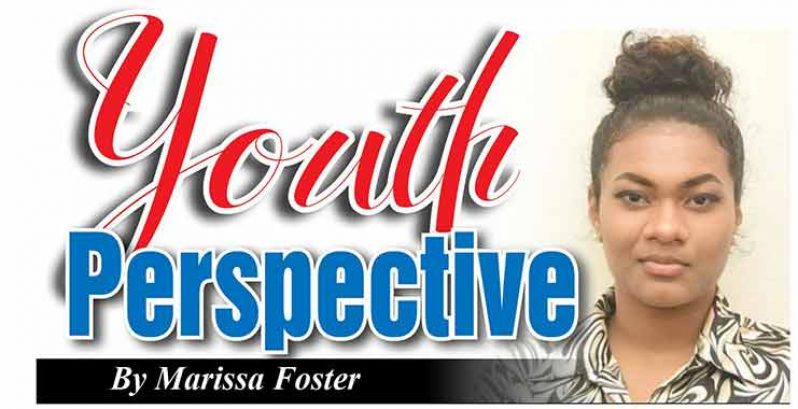– Much of what we know about our history is not factual
AS I was scrolling through Netflix, I noticed that there was a new series out called, “Who killed Malcolm X?” I was glued to my television, as I patiently watched all six episodes of the series. By enlightening myself a bit more on the history of ‘Black America,’ it encouraged me to focus my thoughts a bit more to home. Reviewing the story of El-Hajj Malik El- Shabazz, better known as ‘Malcolm X,’ made me realise that the history of Africans is so rich, but yet so untold. To my knowledge, as popular as he was, his story, his struggle and his fight for racial equality are very vague. When asked what his last name was or even the last name of his father, Malcolm X stressed that his last name is not his own. It is a name that was imposed by the slave master. I clearly remember him saying, where we come from, there are no names such as, “Smith” and “Jones.” That very line gave me goosebumps and it was like my entire mind has a reshuffling of thoughts.
Up until that point, my thoughts and knowledge on ‘Black History’ were just like the textbooks they gave us in high school–quite murky. As Malcolm X safely said, those names are not our own. Much of what we know of our history is not in fact; ‘Our History.’ If we log in to one of those ancestry sites, the most they can tell us is the proposed percentage of ethnicities we have. Unlike a European user of the same site, we cannot fully trace the lineage of our family tree because there is little to no documentation of African History. As far as I can tell, the knowledge of my very own family tree can only be traced back to my great-great grandparents and for some Guyanese, that’s a lot of preserved history compared to their knowledge of lineages.
I am not here to give you a history lesson on the essentials of African History in Guyana, because as far as I know, my knowledge extends only to that of what my high school teachers taught me–just like most of you. However, what I can safely say is that the history of us, as a people, did not start or begin when Europeans forcefully entered the scene. Our stories and the stories of those who have come before us, started thousands of years ago. I urge you all to research the history of West Africans if we ought to understand where we truly came from.
Can you imagine being stripped of who you are? Can you imagine being forced to work and live in a completely different continent? Can you imagine being separated from your families? Can you even imagine being taught that your history, your beliefs/religion and the language you speak is deemed unnatural and demonic? The colour of your skin determined your place with God and your every existence was not humanistic. Can you? Because I simply cannot. I cannot grasp the amount of hurt, pain, sweat, tears, sacrifice, confusion and suffering those before us endured-so that we can become the people that we are today.
As we observe this month as ‘Black History Month,’ I hope you all reflect on the sacrifices those before us have made. In this crucial election season, may we be reminded that racism has surged in Guyana, the Caribbean and the rest of the world for centuries. ‘Massa’ has left us a long time ago and we have implemented new ways of racism amongst ourselves. As Malcolm X rightly said, ‘second-class citizens’ “is just another term for 20th-century slavery.” No Guyanese, regardless of race, should be deemed a second-class citizen and if by chance you do not believe in equality, then all I can say to you is that you are not ready to be a citizen of the upcoming, “Developed Guyana” of the future. Happy Black History Month to all of you reading this. Our past is only a mere reflection of the greatness Guyanese are capable of as a people.




.jpg)









